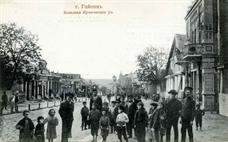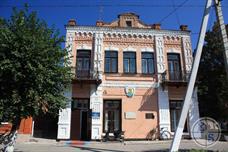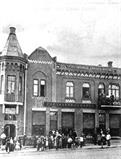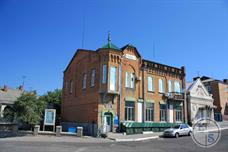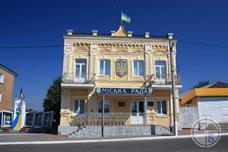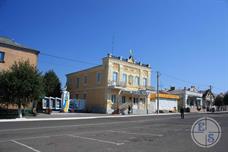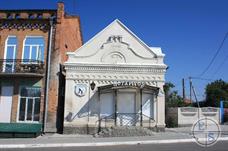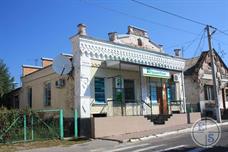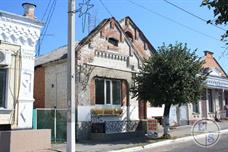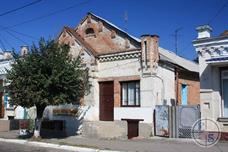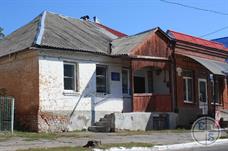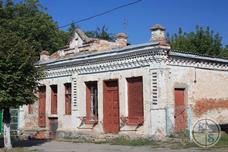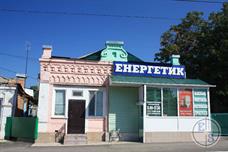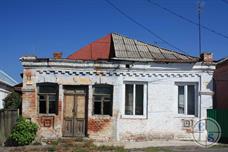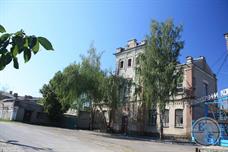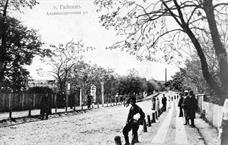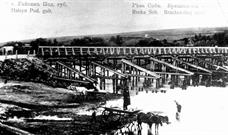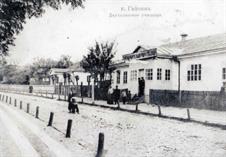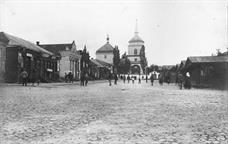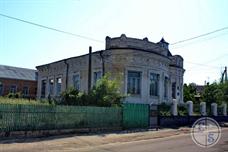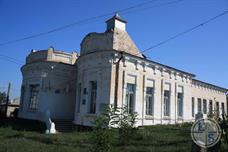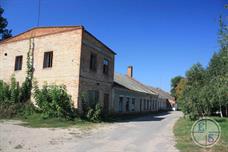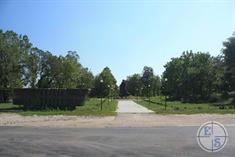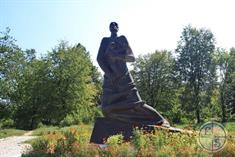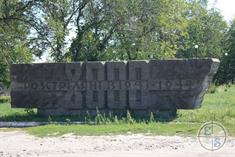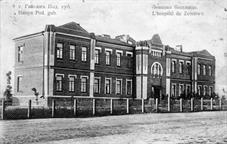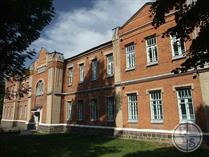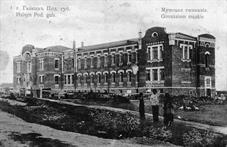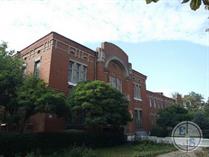Gaysin
Gaysin, 2012, 2015
Vinnitsa Region
Jewish settlement in Gaysin was initially recorded in the first half of the seventeenth century.
Towards the beginning of World War I, Jews played a dominant role in the economic life of Gaysin. The Jewish community was badly damaged by the pogroms that accompanied the Bolshevik Revolution and Civil War. The pogrom of May 12, 1919, carried out by the White Army, left 400 Jews dead.
During the Soviet period, a Yiddish school and a special Yiddish court operated in Gaysin. As result of Soviet social policy at the end of the 1920s, the private sector in Gaysin diminished.
In 1939, just over 4,109 Jews were living in Gaysin, 27.7 percent of the total population.
Towards the beginning of World War I, Jews played a dominant role in the economic life of Gaysin. The Jewish community was badly damaged by the pogroms that accompanied the Bolshevik Revolution and Civil War. The pogrom of May 12, 1919, carried out by the White Army, left 400 Jews dead.
During the Soviet period, a Yiddish school and a special Yiddish court operated in Gaysin. As result of Soviet social policy at the end of the 1920s, the private sector in Gaysin diminished.
In 1939, just over 4,109 Jews were living in Gaysin, 27.7 percent of the total population.
The Germans occupied Gaysin on July 25, 1941. At the beginning of August 1941, a census of the Jewish population was taken and a ghetto established in the town.
In late 1941, Jews from the surrounding villages were moved into the Gaysin ghetto. Abuse, torture, and looting of Jewish houses by the Germans and local policemen, as well as the murder of individual Jews, became everyday occurrences from the first days of German rule.
Most of Gaysin’s Jews were killed in murder operations carried out in a place known as Belendinka (Belendiika/Belendeevka) between September 1941 and May 1943.
In late 1941, Jews from the surrounding villages were moved into the Gaysin ghetto. Abuse, torture, and looting of Jewish houses by the Germans and local policemen, as well as the murder of individual Jews, became everyday occurrences from the first days of German rule.
Most of Gaysin’s Jews were killed in murder operations carried out in a place known as Belendinka (Belendiika/Belendeevka) between September 1941 and May 1943.
On the main street Bolshaya Kupecheskaya are the most luxurious of Jewish homes and shops

My shtetl
My shtetl
Jewish towns of Ukraine
Jewish towns of Ukraine
